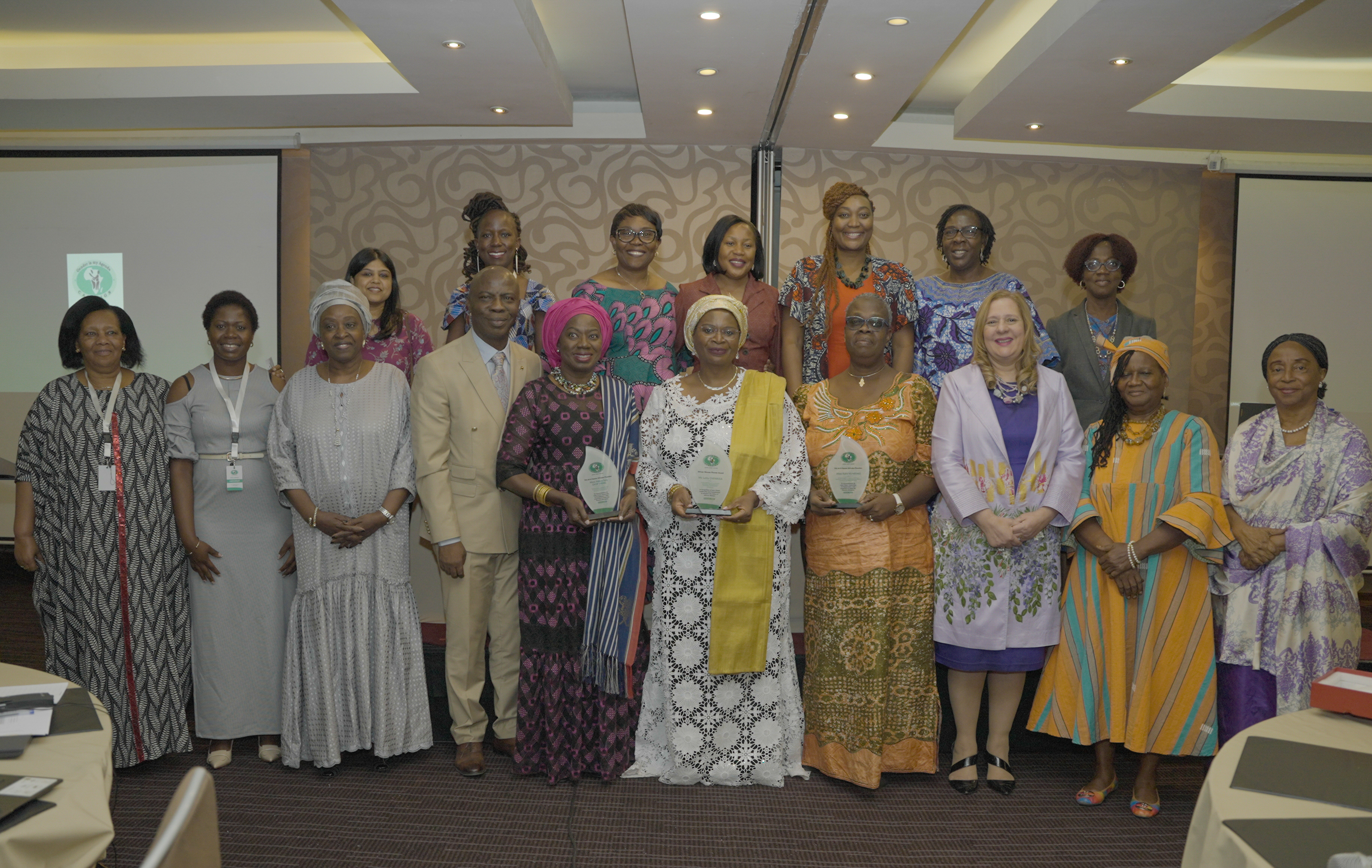
Women Voice Out Concerns in AFCFTA Ahead of AU Summit
Press Release
Addis Ababa, Ethiopia February 14, 2023: Elimination of non-tariff barriers, insecurity in fragile states and unprecedented climatic conditions are some of the impediments the African heads of state should address as they meet in Addis Ababa to discuss the African Continental Free Trade Area.
According to the African Women’s Development and Communications Network (FEMNET), a member of the Gender is My Agenda Campaign Steering Committee (GIMAC- SC); many affirmative actions that need consideration by the African Heads of Government still pend. The GIMAC committee notes that whereas, the political will seems promising, the implementation has been slow and shifty.
“We must address all the trade barriers to realize the change that we have been demanding for so long. Our words are not just mere sentiments for people to react on whenever it is convenient,” said, Memory Kachambwa, the Executive Director of FEMNET.
While addressing at a High-Level panel, Kachambwa insisted that AfCFTA needs to look at the socio-economic barriers that look beyond trade because of the cross-cutting issues that also affect trade in general.
She said, “If we had an eco-system of starts ups to help African women jumpstart their businesses with reliable capital, we would be a step ahead.”
The African Continental Free Trade Area (AfCFTA) is a key in realizing the vision of the AU Agenda 2063. Its fourteen-year journey has challenged African leaders to focus on a stable, credible, and consistent macroeconomic environment.
Maria Andrea Echaz from the UN Human Rights, Office of High Commissioner said inclusion of women and girls in the AfCFTA processes must be central.
She urged policy makers to gather and dissaggrate data by gender and analyse the impact of the AfCFTA on women, design measures and trade agreements that do not lead to rise in commercial sexual exploitation of girls and child trafficking.
Echaz also mentioned that the role of women who make up the majority of the informal economy, agriculture, and cross-border trade in trade in Africa remain overlooked. She said “Worse, most economic policies are drafted in gender neutral language, which ignores the differentiated impact of policies on women,”
“We know that in the informal economy made up by women yet their urgency and intellectual might is often overshadowed! Unless this is amended it may be challenging for Africans to realize their full potential,” said Munnira Katangole, 19-year-old gender activists.
The AfCFTA is designed to boost intra-African trade by 52.3% and it is expected to expand Africa’s economy to $29 Trillion dollars by 2050.
Informal and cross border trade accounts for 70% of the economy in sub-Saharan Africa and is a source of income for 43% of Africa’s population. Women in Africa constitute 70% of the informal cross-border traders.
However, according to Lina Asimwe from the Eastern African Sub-Regional Support Initiative (EASSI) two scenarios confront the AfCFTA, borders across stable nations where women trade with ease and those that are problematic which manifest in abrupt border closures, gun-trotting armed groups and untrained customs officials.
“Women in unstable borders often seek alternative routes to ply their trade at the risk of abuse, sexual harassment and violence. When such incidents happen, it becomes hard to track and take legal actions against perpetrators since most tend to be militias of vigilantes armed to cater for the interest of warlords in control of these borders,” she said.
Asimwe said challenged the AU Heads to consider peace, reconciliation and justice as key component that would facilitate the free movement of trade, as they remain a constraint to women traders across borders.
Liz Guantai, a legal advisor at the UN also noted that women need information on rules, which tend to differ from one country to the other, procedures as well as taxi regimes. “We must acknowledge the political is needed for positive change.”
Click here to access the Africa Continental Free Trade Area (AfCFTA) and Women a Pan- African feminist Analysis. For more information on the aforementioned and FEMNET’s engagement in the Gender Is My Agenda Summit in Addis, contact Imali Ngusale, via Email: i.ngusale@femnet.or.ke






